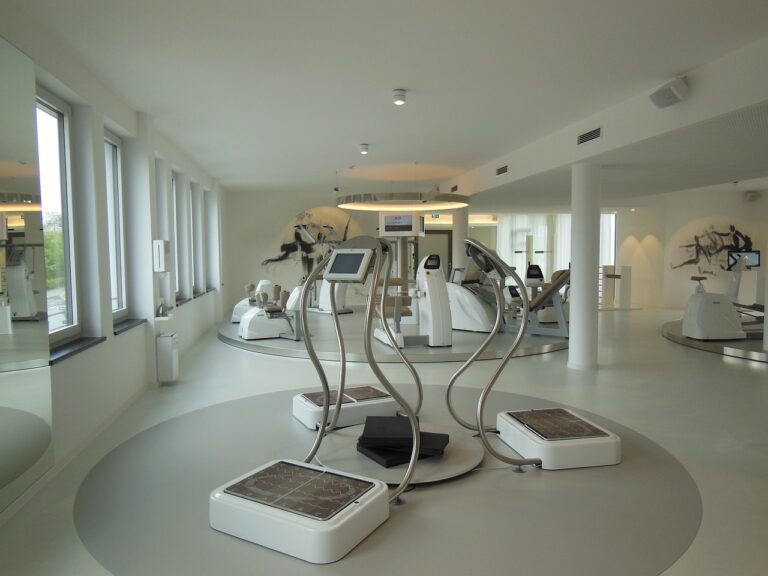AI-Powered Healthcare: Revolutionizing Patient Care
Artificial Intelligence (AI) has transformed various industries, and healthcare is no exception. The integration of AI in healthcare has led to significant advancements in patient care, diagnosis, treatment, and overall healthcare management. This groundbreaking technology is revolutionizing the way patients receive medical attention, providing better outcomes, and enhancing the efficiency of healthcare services. In this article, we will delve into how AI is reshaping the healthcare industry and improving patient care across the globe.
The Role of AI in Healthcare
AI in healthcare involves the use of sophisticated algorithms and machine learning techniques to analyze complex medical data and provide valuable insights to healthcare providers. By leveraging vast amounts of data, AI can assist in diagnosing diseases, developing personalized treatment plans, predicting health outcomes, and improving overall patient care.
Benefits of AI-Powered Healthcare
The incorporation of AI in healthcare offers numerous benefits to patients, healthcare providers, and the industry as a whole. Some of the key advantages include:
- Enhanced Diagnosis: AI algorithms can analyze medical images, patient data, and symptoms to provide accurate and timely diagnoses.
- Personalized Treatment: AI can help healthcare providers develop customized treatment plans based on a patient’s unique medical history and genetic makeup.
- Improved Patient Care: AI can streamline administrative processes, reduce medical errors, and enhance the overall quality of care delivered to patients.
- Efficient Healthcare Management: AI tools can optimize hospital operations, streamline workflows, and allocate resources effectively to improve efficiency.
AI-Powered Technologies in Healthcare
AI is being utilized across various healthcare settings to improve patient outcomes and streamline healthcare delivery. Some of the key AI-powered technologies making waves in the healthcare industry include:
1. Machine Learning Algorithms
Machine learning algorithms analyze medical data to identify patterns, predict outcomes, and assist in decision-making processes. These algorithms can be used to develop predictive models for diseases, recommend treatment options, and optimize healthcare workflows.
2. Natural Language Processing (NLP)
Natural Language Processing enables machines to understand and analyze human language. In healthcare, NLP can be used to extract insights from medical records, facilitate communication between healthcare providers, and improve the overall patient experience.
3. Robotics
Robots powered by AI are being used in hospitals and healthcare facilities to perform surgeries, assist healthcare providers in patient care, and streamline administrative tasks. These robots can enhance precision, efficiency, and patient safety in healthcare settings.
Challenges and Future Directions
While AI has the potential to revolutionize patient care, there are several challenges that need to be addressed to fully realize its benefits. Some of the key challenges include data privacy concerns, regulatory issues, ethical considerations, and the need for ongoing training and education for healthcare professionals.
Looking ahead, the future of AI in healthcare is bright, with continued advancements in technology leading to improved patient outcomes and enhanced healthcare delivery. As AI continues to evolve, healthcare providers must embrace this transformative technology to provide the best possible care to patients.
FAQs
Q: How is AI used in healthcare?
A: AI is used in healthcare to assist in diagnosis, treatment planning, patient monitoring, predictive analytics, and streamlining administrative processes.
Q: What are the benefits of AI-powered healthcare?
A: Some benefits of AI-powered healthcare include enhanced diagnosis, personalized treatment plans, improved patient care, and efficient healthcare management.
Q: What are some challenges of implementing AI in healthcare?
A: Challenges of implementing AI in healthcare include data privacy concerns, regulatory issues, ethical considerations, and the need for ongoing training for healthcare professionals.
Q: What does the future hold for AI in healthcare?
A: The future of AI in healthcare is promising, with continued advancements leading to improved patient outcomes, enhanced healthcare delivery, and transformative solutions for healthcare challenges.







